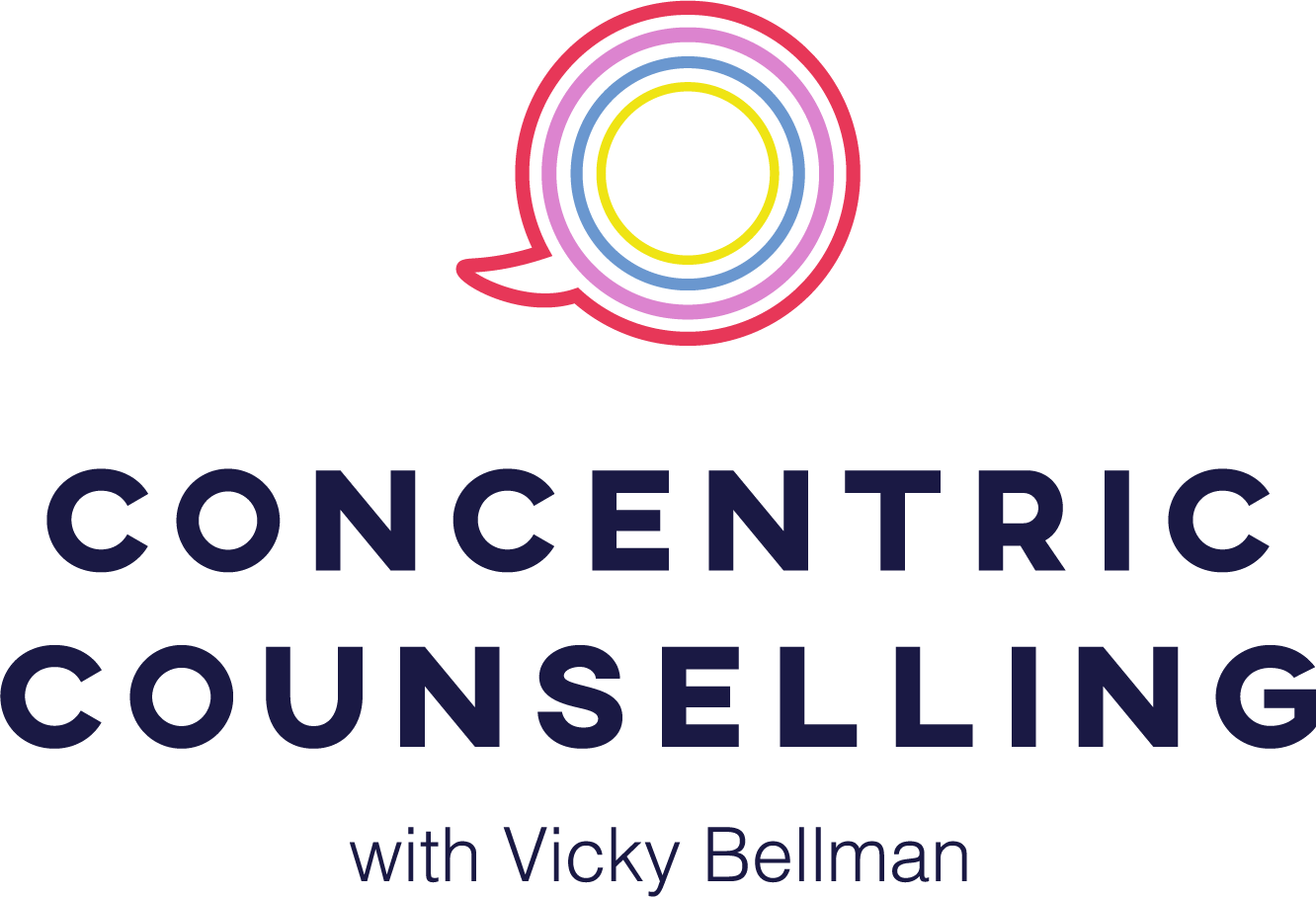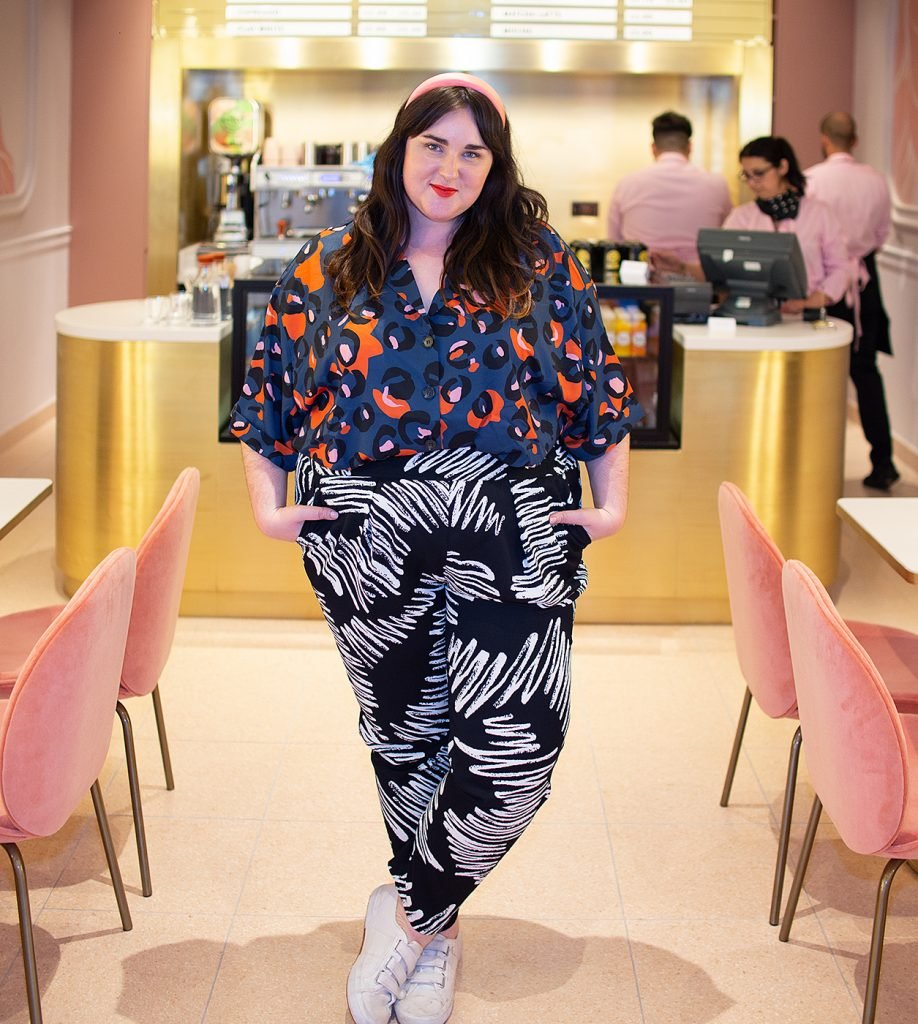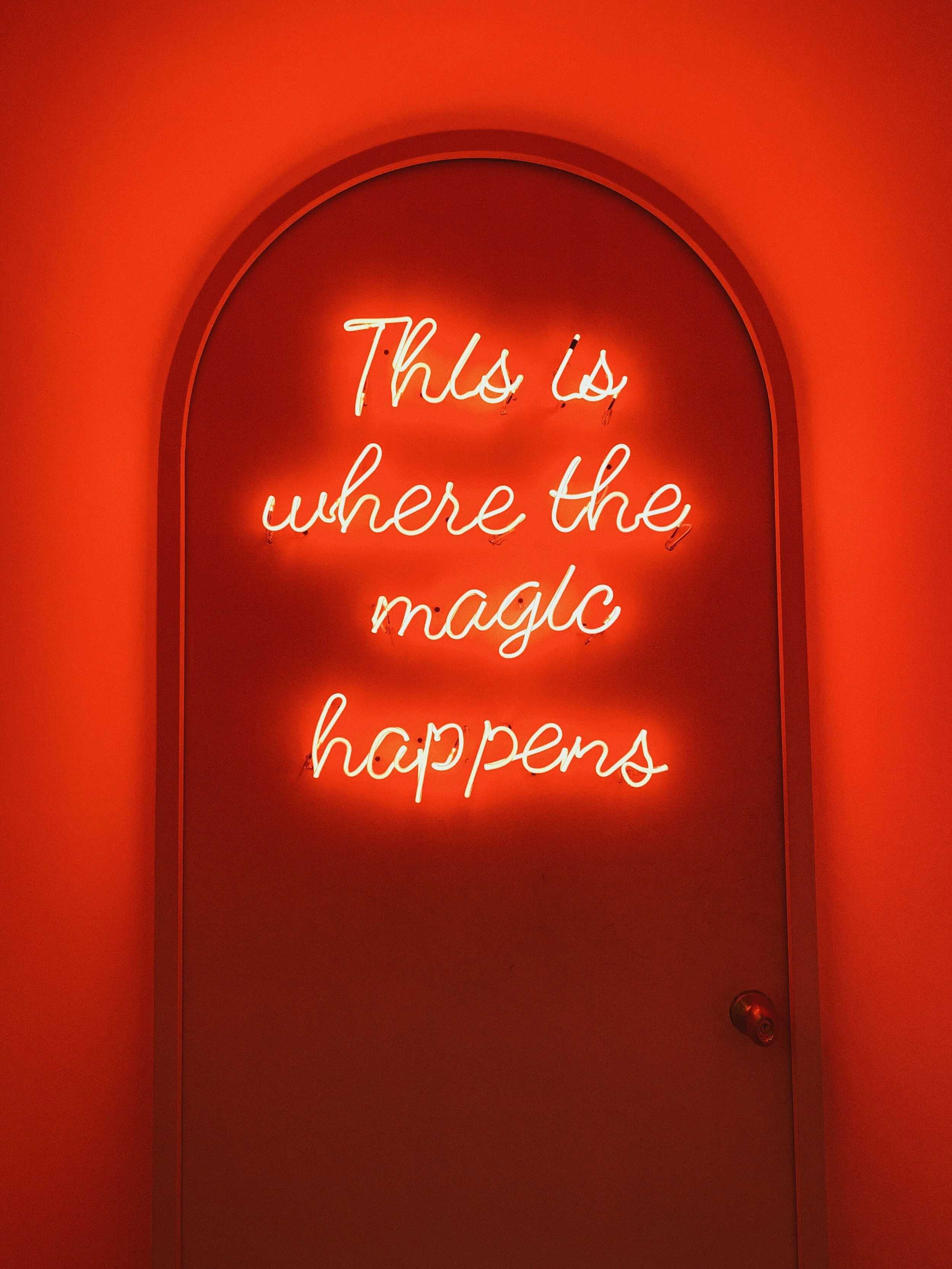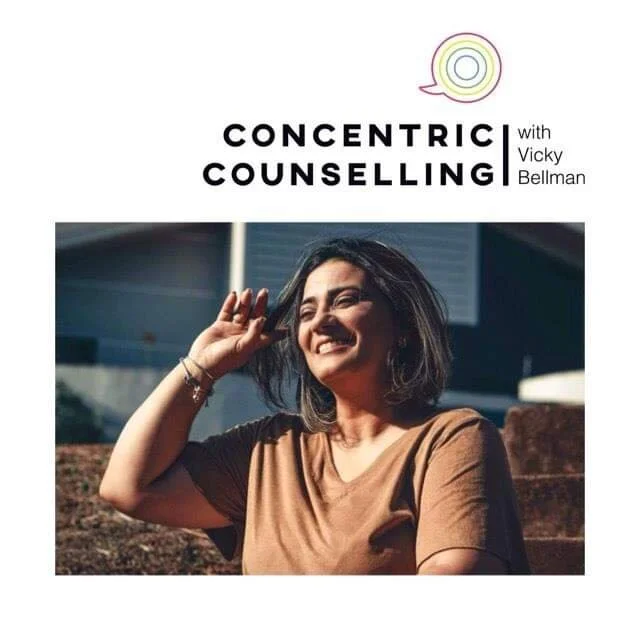From apology to entitlement - battling body assumptions
In my corner of the world, we talk a lot about anti-fat bias or fatphobia and, more broadly, how it is to live in a body that is marginalised by dominant culture – through race, gender and sex, body size or shape, or disability.
Sometimes our conversations about anti-fat bias can take on a very theoretical and abstract form – as a systemic issue, of course we often look at it through a wide-angle lens. More recently, though, I’ve been thinking more and more of the individual impact of anti-fat bias – what it really means to live in a fatphobic culture.
The stories I hear, and my lived experience as a fat woman, are that it is to navigate the world against a barrage of assumptions and, sometimes more painfully, the lack of assumptions.
ASSUMPTION
Through prejudices and stereotypes, there’s a whole lot that isn’t assumed about bigger bodies. People don’t assume health. People don’t assume industry and hard work. People don’t assume coolness or a sense of fashion. People don’t assume sexuality and sensuality.
These are things that are assumed with though in small people – that's the reality of ‘anti-fat bias’, which can be a bit of a dry term. In reality, it means the assumptions and inclinations that we hold about people based on the size of their body and that, all other things being equal, we wouldn’t make about them in a smaller body.
PERFORMANCE
What I hear, again and again, is that because people don’t assume these things, people in bigger bodies have to go out of their way to prove these characteristics.
In the absence of assumption that the person is healthy, the person has to perform health. That can look a number of ways – performative exercise, performative eating, protestations of healthy lifestyle and mindset; all to prove to other people that they really are healthy.
In the absence of assumption that a person is industrious and hardworking, the person has to perform industry – constantly on the go, always appearing professional and ‘put together’, never allowing themselves to rest, taking on extra work at the expense of balance and wellbeing; all to prove to other people that they really are industrious and hardworking.
In the absence of assumption that a person is cool and has a sense of fashion/style, the person has to perform coolness and fashion – buying clothes and accessories that will appeal to others, externalising their judgment of what looks good on them and focusing more on what others think looks good on them, never allowing themselves to look any less than ‘put together’; all to prove that they really are cool and have a sense of fashion/style.
In the absence of assumption that a person is sensual and sexual, people in bigger bodies have to perform sensuality and sexuality – dressing in a certain way, acting in a certain way, always preoccupied by the outside view of their sensuality and sexuality, rather than the inside satisfaction and enjoyment.
And, of course, with the messages that are internalised from a culture steeped in anti-fat bias, people in bigger bodies begin to see themselves through this distorted mirror and perform to themselves – not even allowing themselves to switch off when no one is looking – desperate to prove the lack of assumption is unwarranted.
EXHAUSTION
So often what people tell me is how tired they are, and it feels so abstract. They can’t think why they are so exhausted, particularly as it goes against the assumption of laziness. But when we unpick this experience, we understand that a lifetime of performance means exhaustion. Hyper performance to ward off the bias of others may be effective, but denies the performer all the joys of being, rather than doing. The ease, flow, rest and comfort of being. A body constantly held in tension is exhausted, and it’s not how we’re designed – we have to allow ourselves to be human.
APOLOGY
When we anticipate these judgments and assumptions/non-assumptions from others, we learn to lead with apology. Whether that assumption is based on the size or shape of our body, the colour of our skin, our ability/disability, we are conditioned to apologise from the beginning; starting, as we are, from a step behind, and needing to prove aspects of ourselves. What a drain that has on the spirit; to be constantly in a state of apology for being. What a waste of our inherent delight.
ENTITLEMENT
I am currently preoccupied with seeing people in marginalised bodies move to feeling entitled. Feeling entitled to equal and respectful care and consideration as we walk through this world, and expecting it. Not apologising for the bias of the world, but pushing the problem of bias back onto the individuals, systems and structures, rather than absorbing them into our own wonderful bodies. Bias hides in plain sight and has normalised itself. I’d love us to treat bias as surprising, unexpected, unacceptable. I’d love us to be able to carry entitlement in our bones and our nervous systems – assured of our worth, eligible to respect.
FREEDOM
Trying to be perfectly healthy, industrious, sexy and cool is an endless and unforgiving pursuit. It is an understandable response to a culture that marginalises bodies by appearance, but one that takes an enormous toll.
We must root ourselves in the deep belief that we cannot tell how healthy, industrious, sexy, cool anyone is based on the appearance of their body. We can remind ourselves, again and again, that we are inherently good, and push back on the insidious messaging that tells us bigger bodies have certain characteristics. We are all healthy and unhealthy, industrious and restful, sexy and unsexy, cool and uncool. In our binary culture that insists we rigidly seek perfection, we are pushed to go against our nature – to be fluid, to exist on a spectrum, to freely move between work and play, between vivacity and inactivity, to allow ourselves a fully human experience.
It is your right to rest and play as much as it is to work, and you do not owe performance to anyone.
Photo: Cindy Zdunek Photography











